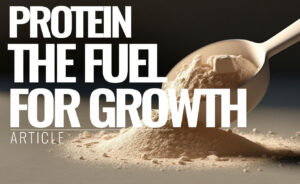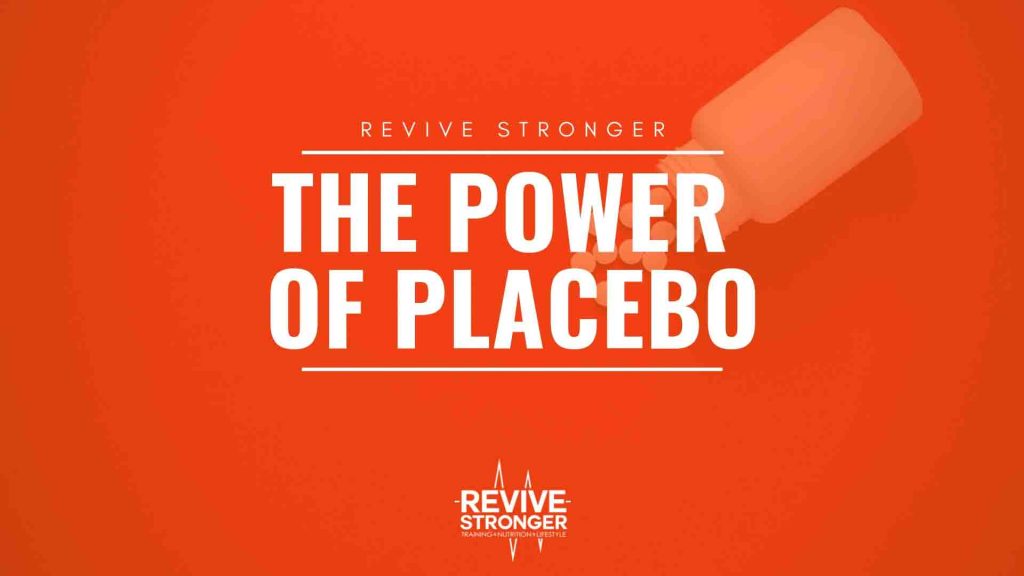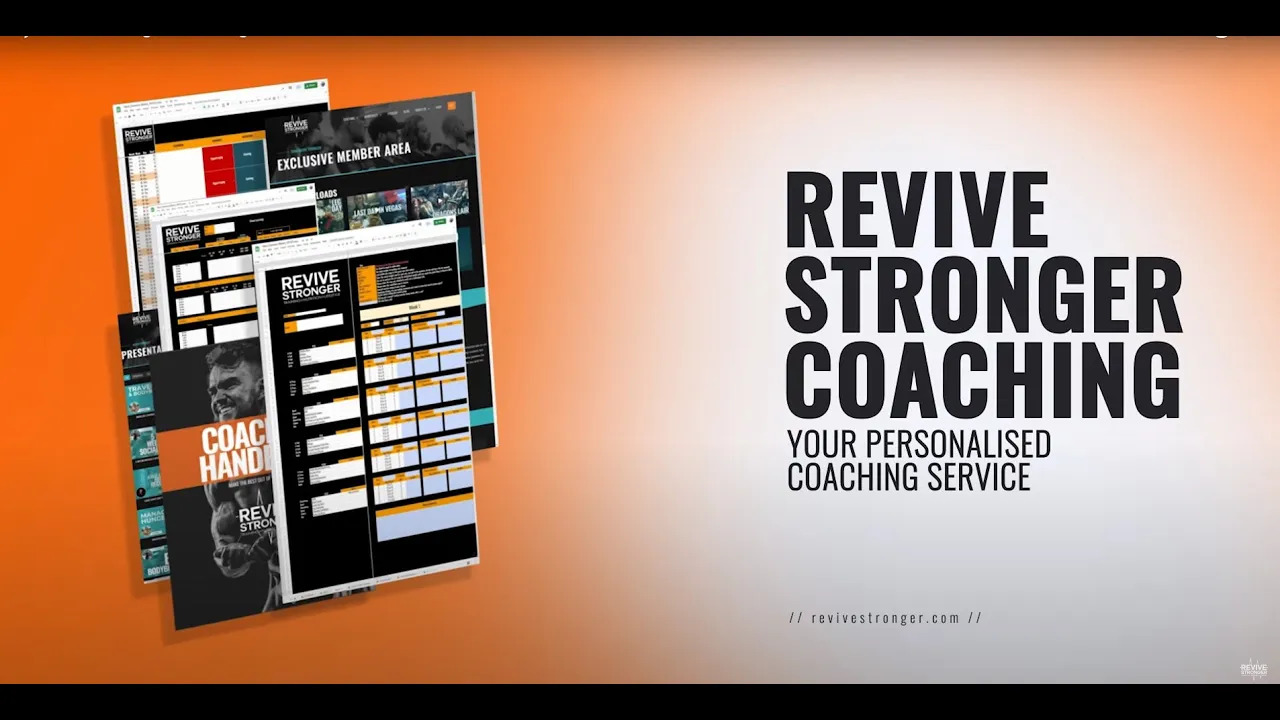
Revive Stronger
The Power of Placebo

Earlier this month, I made an Instagram post about how celery juice is not medicine and cannot truly heal your gut, fix hormonal issues and change your body’s pH. While the majority of comments were supportive of my statement, there was a surprising number of people that swore that celery juice is an extremely useful medicinal tool. Some even claimed that celery juice was magical. Many people might say that those people are lying, or exaggerating.
To be perfectly clear: I am not saying that those people were lying to me about the improvement of certain symptoms.
However, I am also not saying that celery contains something magical that is more powerful than modern medicine. In fact, celery juice does not contain anything that’s special or unique – it contains a small amount of Vitamin A, C, potassium, some fiber, some antioxidants, but nothing that’s extraordinary. So, if people are not lying about the improvement of their symptoms, then how could blending a household vegetable have the effects that are being claimed? The answer is most likely, the placebo effect.
While this article is not about gaining muscle and losing fat – it is very important, as all of you reading this, will come across people who swear by a certain supplement, food or procedure. It is important for you to understand that these people are not necessarily lying about their symptoms improving.
Table of Contents
What Is Placebo?
In Latin, placebo means “I shall please” historically, it has been used as a form of “medicine” intended to please the patient rather than have a physiological effect (Thompson, 2000). In fact, originally “placebo” was a word used to describe to hired-actors who would come to a funeral to pretend to be mourning someone.
In modern times, the placebo effect occurs when a treatment or intervention causes an effect due to the patient’s perception of the treatment. A placebo usually refers to an inert treatment or intervention that has no true physiological effect. However, placebos can have a psychological effect that is powerful enough to exert a physiological effect. As an example: if someone has a headache and you give them sugar pills, claiming that they contain an ultra special form of ibuprofen, with amazing pain-killing benefits and they believe it, it will most likely reduce the severity of the headache… even though the pills don’t contain any medicinal ingredients.
Amazing Effects of Placebo
In order for you to appreciate the placebo effect and its power, I will showcase some incredible studies and discoveries that have been made surrounding the placebo effect.
Sham Transplant
In a study by McRae (2004), researchers compared the effects of transplanting human embryonic dopamine neurons into the brains of people with advanced Parkinson’s disease to the effects of a sham surgery. A sham surgery is one where the surgeons make an incision on the skin, but without actually performing the surgery. They open the skin and close it, hence a “sham surgery”. After the surgery, they kept up with the patients for 1-year, at the 4, 8 and 12-month marks, and assessed physical, emotional and social function. They also asked the patients whether they thought they received the treatment or the sham surgery. In all cases, the patients who believed they received the real-surgery performed better at the assessments than those who believed they received the sham, regardless of what they actually received.
Sham Heart Surgery
Angina pectoris is described as chest pain due to coronary heart disease, which may be treated with surgery in certain situations. In a classic study done by Dimon et al. (1960), researchers selected a group of patients eligible for the surgery and randomly divided them into two groups: one group that got the surgery and one group that got a sham incision, where the surgeons made the same incision on the skin but closed it up without performing the surgery. The patients who received the sham incision were told that the surgery occurred successfully. A cardiologist who was blinded to who received the surgery or sham incision kept up with the patients through daily logs, electrocardiogram tests and questionnaires. It was reported the patient improvement in the sham incision group was identical to the surgery.
Open-Hidden Paradigm
In the context of strong analgesics, the clinician can administer them in the “open” or “hidden”. An open method means that the clinician gives the injection while they are clearly visible to the patient and often give a remark about how the treatment is going to relieve pain. Hidden injections are done when a machine automatically pumps the analgesic to the patient without their knowledge. The open-hidden paradigm has shown that a drug is usually more effective when given openly. Further, the requirement of the drug is lower when it is given openly (Amanzio et al., 2001).
Various analgesics are more effective when administered orally (Amanzio et al., 2001)
Who Is Susceptible to the Placebo Effect?
The placebo effect seems to be especially prevalent in conditions that are chronic, highly subjective, lack visible physiological symptoms and have fluctuations (Kaptchuk, 2002). For these reasons, conditions that are highly susceptible to strong placebo effects are gastrointestinal issues, headaches, insomnia, anxiety, digestive problems and many others. Currently, many people on social media are promoting various protocols for the effects that they have on gastrointestinal issues, digestion, sleep, anxiety and inflammation – which are all chronic, subjective, lack visible physiological symptoms and have fluctuations.
The reason I am telling you this upfront is so that you can think about how the information I am giving you applies to these issues as you are reading.
What Causes the Placebo Effect?
Now that you understand how powerful the placebo effect can be, you will likely have an appreciation for what causes it.
Expectation
The expectation that you have about the treatment seems to have the biggest effect on the impact of the placebo. The expectation that someone has from the treatment is multifactorial and involves the doctor, diagnosis, treatment and others.
Diagnosis
One of the factors that can influence the placebo is diagnosis of the condition. Research shows that if someone has an unknown condition, simply giving them the diagnosis of a tangible condition can improve their symptoms. One study divided patients into two groups: one group received a firm diagnosis of an issue with prognosis that symptoms would be better in a few days and the other group were told the physician was not certain about the diagnosis (Thomas, 1987). It was seen that the group given the diagnosis felt better than those who did not receive one.
The Caregiver/Doctor/Coach
The authority of the person who gives care can greatly affect the placebo effect from treatment. It has been shown that treatments administered by a doctor have greater effects than when they’re given by a nurse (Thompson, 2000; Harrington, 1997). Additionally, the confidence that the caregiver displays also has an effect. This effect becomes problematic on social media, when an overly confident person with thousands of followers tells you they can “heal your gut”.
Research suggests that because of their level of authority, popularity and confidence, their plan may lead to an improvement of symptoms, even if their protocol is completely erroneous.
Treatment
Simply receiving treatment can improve symptoms, even if the treatment is inert. In one study, researchers induced pain/irritation by injecting subjects with capsaicin (chilli pepper spice…ouch). Then, the researchers applied an inert cream made up of oil and water to the area, and the subjects were told that it was a powerful analgesic. It was found that the cream actually reduced the pain/irritation from the capsaicin injection (Benedetti et al., 1999).
It is also shown that more complicated treatments will increase the patient’s expectation of the outcomes and lead to better results. A systematic review showed that protocols that required patients to take placebo pills four times per day were more effective than those requiring placebo pills to be taken twice per day (De Craen et al., 1999). It has also been shown that elaborate devices are more effective at inducing the placebo effect than placebo pills (Chae et al., 2018). Additionally, subcutaneous injections of placebo are even more effective than placebo pills (De Craen et al., 2000)
In general, it seems as if more complicated and invasive placebos are more effective than less invasive ones.
Adherence
Further, strict adherence to the protocols also boosts the effect of the placebo. A meta-analysis by Yue et al. (2014) assessed the effects of treatment versus placebo in patients with cardiovascular disease. They found that the people who adhered to the placebo protocol had lower rates of cardiovascular mortality than those who did not. Similar findings were seen in a study by Avins et al. (2010) who compared the effects of adherence to placebo on mortality in patients with left ventricular dysfunction. Avins et al. also found better outcomes when adherence to placebo was higher.
Classical Conditioning
Conditioning is the acquired response to a stimulus over a long period of time. For example, you probably have songs that you only listen to when you’re sad. Listening to those songs when you’re not sad can likely cause you some degree of sadness.
Often, home remedies have a large degree of classical conditioning. If your mom gave you warm water with lemon and/or honey every time that you were sick, it is very possible that you strongly associate it with healing. While the lemon water is not truly changing your body’s pH and detoxifying your system, you could genuinely feel an improvement of symptoms due to the conditioned response.
Another type of classical conditioning exists when a remedy comes from a cultural background. If a certain home-medicine has been a part of your family or culture for generations, it is likely that you have been classically conditioned to feel better when given this food.
Bringing It Together
In this article, I explain that subjective, chronic conditions that tend to fluctuate and don’t have physiological visibility are highly susceptible to placebo. Receiving a firm diagnosis can improve symptoms due to placebo, even if it’s the wrong one. If the diagnosis comes from a person with a high-level of authority or respect, the placebo effect is enhanced. Further, if the diagnosis is given with a positive prognosis, it will further exacerbate the placebo effect. Complicated treatments that are adhered to can improve symptoms. However, all of these factors improve symptoms due to placebo… not due to true physiological effect
Bringing all of this together – it gives you a perfect image of the power of people with a large social media following and how their popularity can have a massive effect on placebo outcomes. People with millions of followers (authority/popularity) tell other people that they know exactly what is wrong with them, despite what top medical science says (diagnosis). The conditions they “treat” are typically related to digestion, sleep, anxiety, headaches and others (lack physiological visibility, have fluctuations are subjective). The social media celebrity gives people a “unique” protocol (treatment) that they claim will “definitely” cure the condition (positive prognosis). The person receiving the guidance will then follow the entire protocol, in hopes that it will heal their condition (adherence). Additionally, the power of social media will spread the popularity of a protocol. Before long, tens of thousands of people start following the protocol and boasting about the “benefits”. Perfect storm for a massive placebo effect, isn’t it?
For the reasons discussed in this article, I believe it when people say they “feel” better on various protocols that have absolutely no scientific foundation. However, it’s not because celery juice is changing their body’s pH, because that would kill you. It’s also not because a “juice cleanse” will detox your body, because your liver and immune system are spectacular at doing that. It’s likely because of the perfect storm of placebo described above.
Therefore, do not try to tell people that they don’t actually feel better and don’t assume they’re lying. They probably do feel better, which is very subjective. It doesn’t mean that they’re physiologically and objectively better. Instead of arguing their subjective feelings, kindly attempt to educate them on why their protocol doesn’t really make sense or follow evidence-based science.
Placebo Use and Ethics
As the research shows, the placebo effect can be very effective, but it’s not a true effect. Therefore, we must make an ethical choice regarding the application of the placebo effect.
Personally, I think that as coaches and fitness practitioners, all use of placebo is outside of our scope of practice and is not ethically correct. First of all, if you are a coach, personal trainer or influencer, you should not be “prescribing” methods to treat serious medical issues – unless you have an extensive, formal education, training and accreditation in a relative field (MD, DO, RD, Psy.D or PhD in a relevant medical science).
Second, you should not give your clients a certain protocol that you know is based on placebo – even if it improves symptoms. You are not qualified to identify whether there is a serious medical issue underlying the symptoms that requires immediate attention.
References
Amanzio, M., Pollo, A., Maggi, G., & Benedetti, F. (2001). Response variability to analgesics: A role for non-specific activation of endogenous opioids. Pain, 90(3), 205-215
Avins, A., Pressman, A., Ackerson, L., Rudd, P., Neuhaus, J., & Vittinghoff, E. (2010). Placebo adherence and its association with morbidity and mortality in the studies of left ventricular dysfunction. Journal of General Internal Medicine, 25(12), 1275-81
Benedetti, F., Arduino, C., & Amanzio, M. (1999). Somatotopic activation of opioid systems by target-directed expectations of analgesia. The Journal of Neuroscience : The Official Journal of the Society for Neuroscience,19(9), 3639-48.
Chae, Y., Lee, Y. S., & Enck, P. (2018). How Placebo Needles Differ From Placebo Pills?. Frontiers in psychiatry, 9, 243. doi:10.3389/fpsyt.2018.00243
De Craen, A., Tijssen, J., De Gans, J., & Kleijnen, J. (2000). Placebo effect in the acute treatment of migraine: Subcutaneous placebos are better than oral placebos. Journal of Neurology, 247(3), 183-188.
De Craen, A., Moerman, D., Heisterkamp, S., Tytgat, G., Tijssen, J., & Kleijnen, J. (1999). Placebo effect in the treatment of duodenal ulcer. British Journal of Clinical Pharmacology, 48(6), 853-860.
Dimond, E., Kittle, C., & Crockett, J. (1960). Comparison of internal mammary artery ligation and sham operation for angina pectoris ∗. The American Journal of Cardiology, 5(4), 483-486
Harrington, A. (1997). The placebo effect : An interdisciplinary exploration. Cambridge, Mass. Harvard University Press.
McRae, C., Cherin, E., Yamazaki, T.G. (2004). Effects of Perceived Treatment on Quality of Life and Medical Outcomes in a Double-blind Placebo Surgery Trial. Arch Gen Psychiatry. 61(4):412–420
Thomas, K. (1987). General practice consultations: Is there any point in being positive? British Medical Journal (clinical Research Ed.), 294(6581)
Yue, Z., Cai, C., Ai-Fang, Y., Feng-Min, T., Li, C., & Bin, W. (2014). The effect of placebo adherence on reducing cardiovascular mortality: A meta-analysis. Clinical Research in Cardiology : Official Journal of the German Cardiac Society,103(3),
We are a personal coaching service that helps you achieve your goals. We want you to become the best version of yourself.





